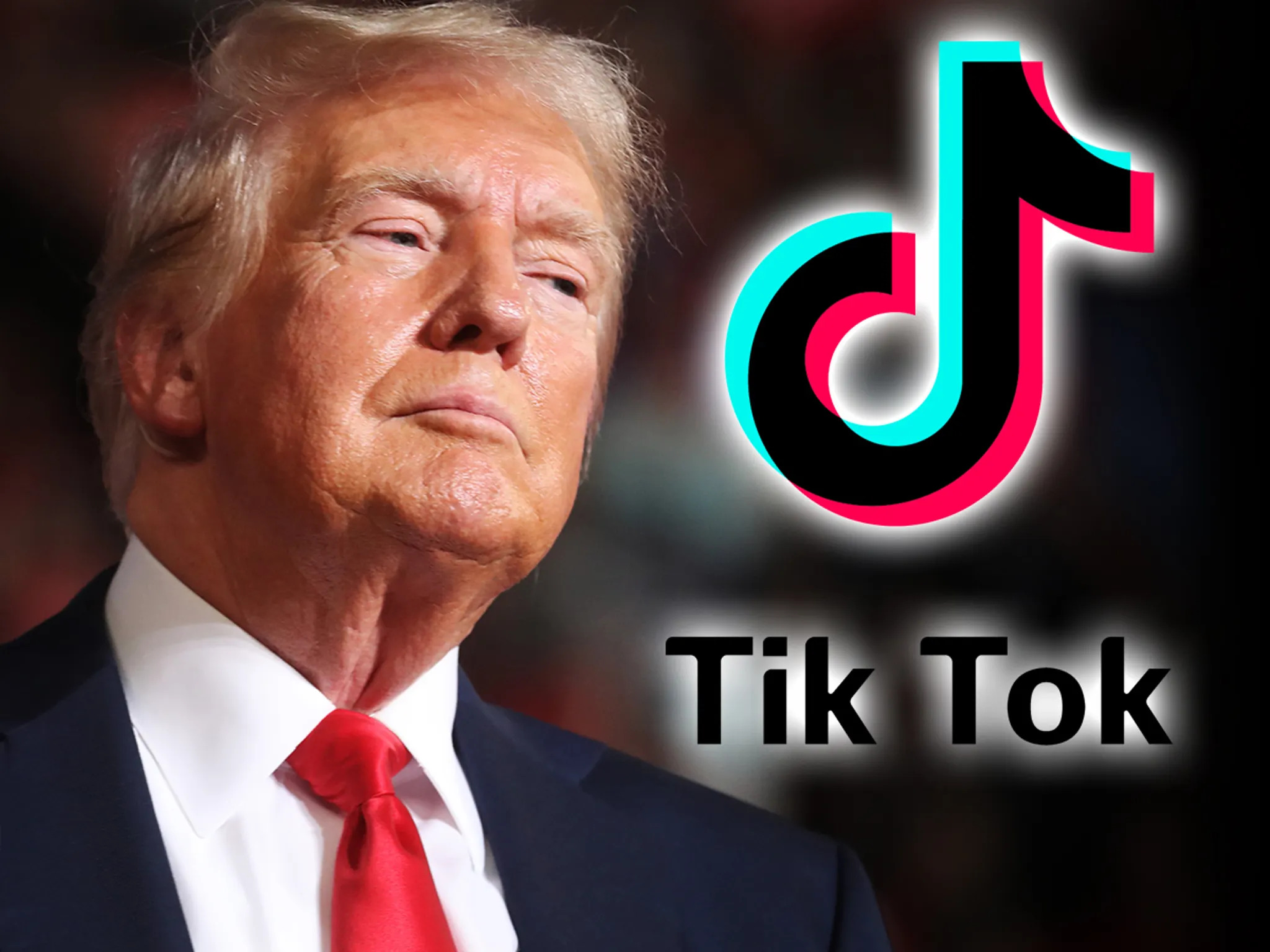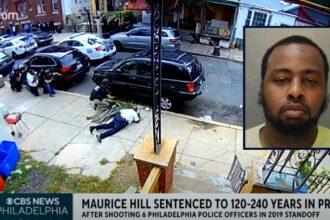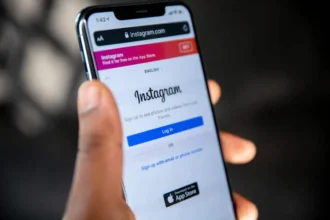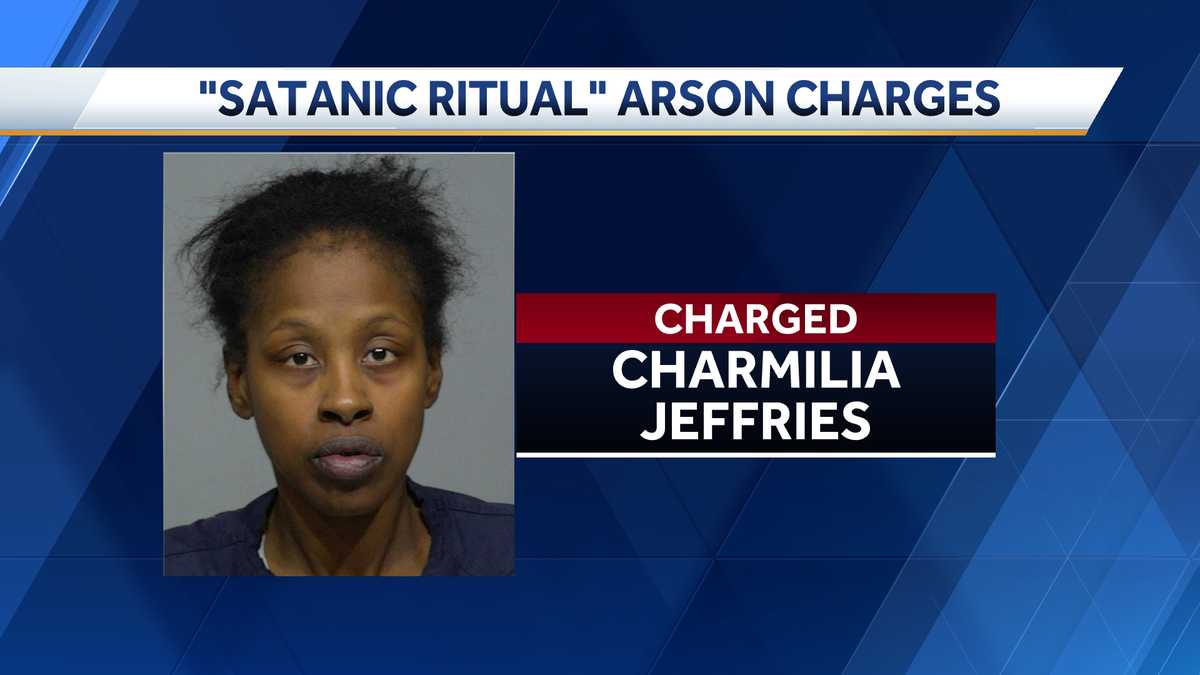Former President Donald Trump has requested that the U.S. Supreme Court delay a decision on a law set to ban the popular social media platform TikTok, unless it is sold by its Chinese parent company.
The law, which is scheduled to take effect on January 19, 2025, is one day before Trump is set to be inaugurated for his second term as president.
In a brief filed with the Court on December 27, Trump’s lawyer, John Sauer, argued that the ban should be paused to allow Trump the opportunity to pursue a “political resolution.”
Trump, who has nearly 15 million followers on TikTok, believes his negotiating skills and political mandate would help resolve the issue effectively once he resumes office.
Trump’s filing highlights his belief that he is uniquely positioned to handle the situation, stating that he has “the electoral mandate and the political will to negotiate a resolution to save the platform while addressing national security concerns.”
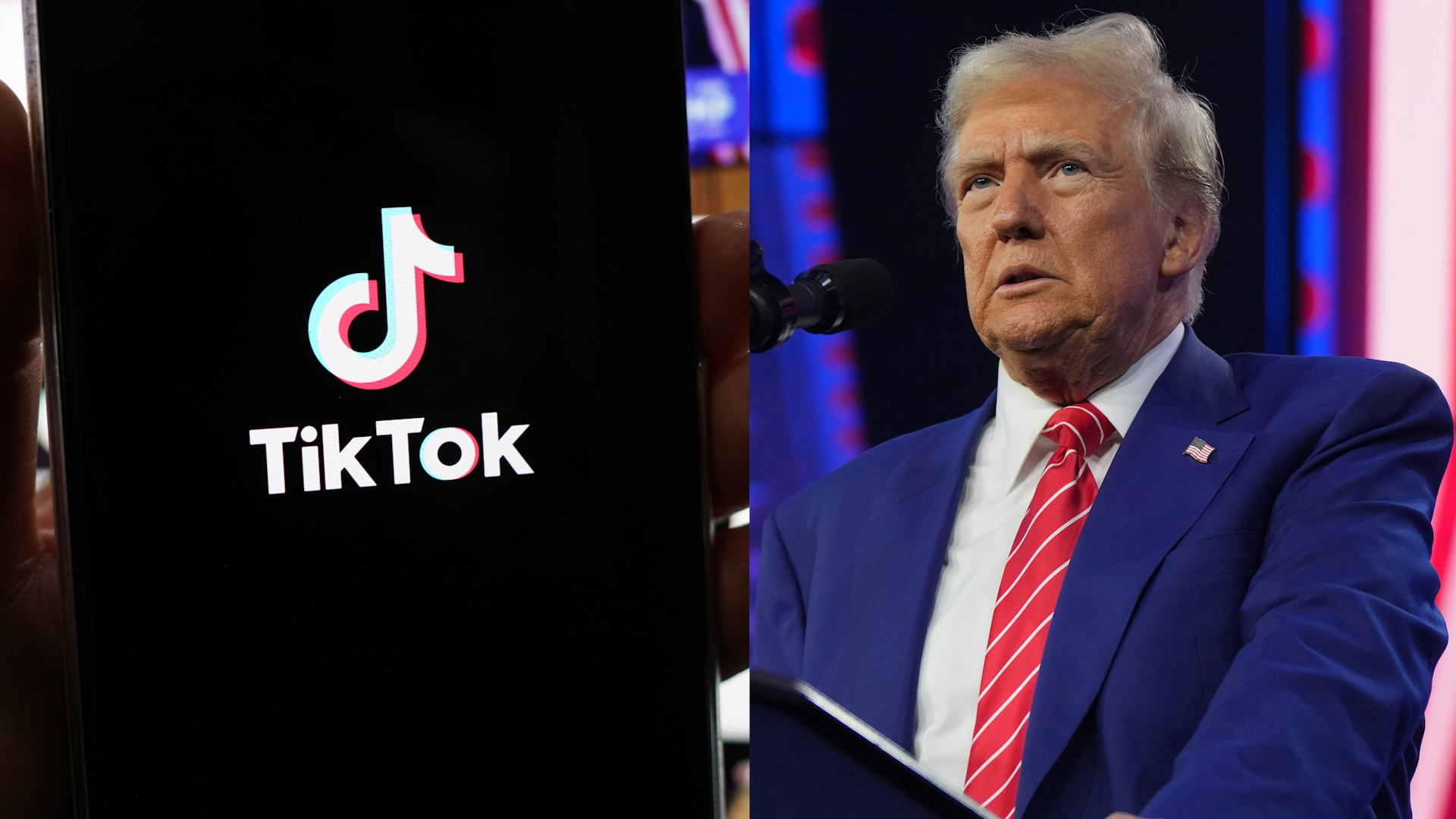
READ ALSO: Donald Trump Hints at Allowing TikTok to Stay in the U.S. “For a Little While”
He also emphasized his influence on social media, describing himself as “one of the most powerful, prolific, and influential users of social media in history.”
In a statement to TMZ, Trump’s transition spokesperson, Steven Cheung, reinforced the position, saying the former president was seeking an extension of the deadline for TikTok’s shutdown, with the aim of finding a resolution that would preserve TikTok and address national security issues.
The government, defending the law, has cited concerns over national security, arguing that the Chinese government could gain undue influence through TikTok’s ownership by a Chinese company.
On the other hand, TikTok has opposed the ban, claiming it violates the First Amendment and pushing back against the notion that the platform poses a security threat.
The case reflects a larger national debate over how to balance technology, security, and free expression in the U.S.


